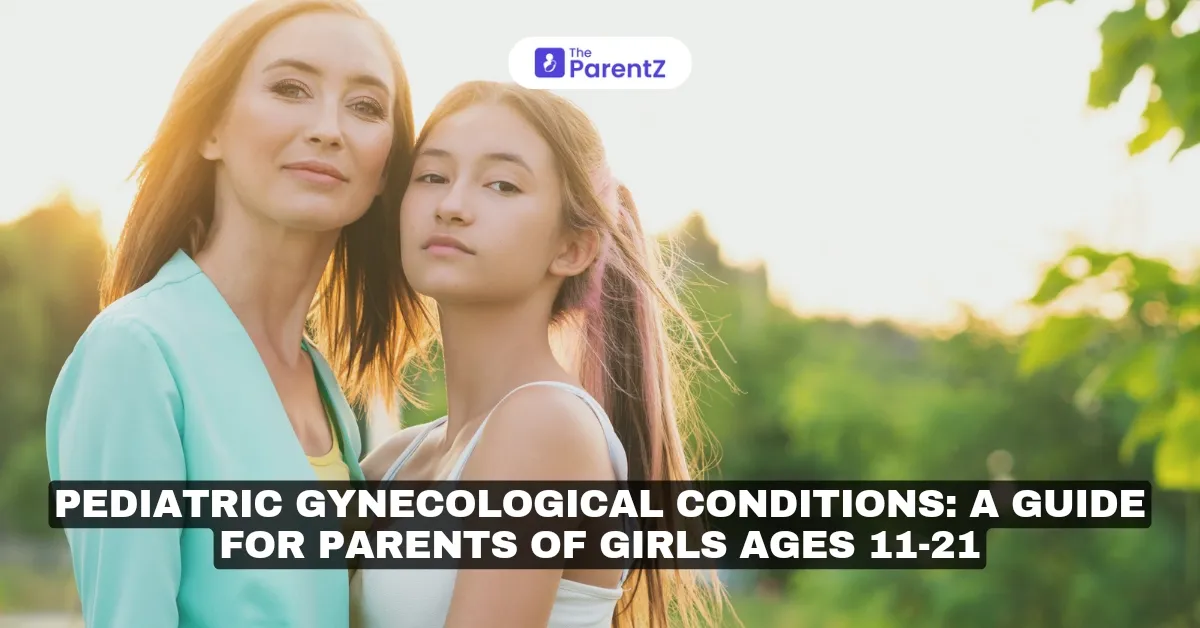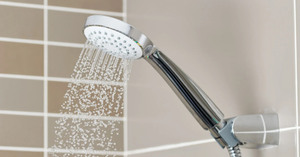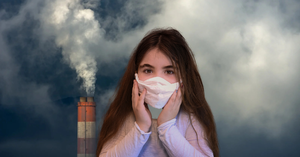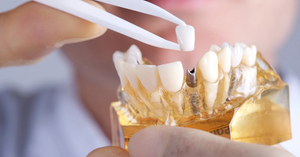As girls grow from preteens into young adults, they undergo a wide range of physical and emotional changes, and it’s natural for parents to have questions about their daughters’ health. While pediatric gynecology might sound complex, understanding the basics can help you support your child’s well-being through these transformative years. For parents of girls ages 11-21, learning about common gynecological conditions—along with their symptoms, causes, and treatments—provides a foundation for guiding your daughter through her health journey.
Common Pediatric Gynecological Conditions
Understanding the most prevalent gynecological conditions among young girls can help parents know when to seek medical advice. Here’s a look at some of the common conditions affecting girls in the 11-21 age group:
1. Menstrual Irregularities
Menstrual irregularities, such as delayed or irregular periods, are among the most common gynecological concerns in young girls. It’s normal for periods to be inconsistent when they first start, but if irregularities continue, they could be due to conditions like polycystic ovary syndrome (PCOS), thyroid issues, or lifestyle factors like stress or nutrition.
• Signs: Extremely heavy periods, very light periods, prolonged bleeding, or skipped cycles.
• Treatment: Lifestyle adjustments, hormone therapy, and medical guidance from a gynecologist can help regulate cycles.
2. Polycystic Ovary Syndrome (PCOS)
PCOS is a hormonal disorder that affects teenage girls and young women, often starting around puberty. It’s characterized by multiple small cysts on the ovaries and can lead to irregular menstrual cycles, weight gain, and acne.
• Signs: Irregular periods, excessive hair growth on the face/body, acne, and weight gain.
• Treatment: A combination of lifestyle changes, hormone regulation, and medication can help manage symptoms.
3. Vulvovaginitis
Vulvovaginitis is an inflammation or infection of the vulva and vagina, which is common in young girls, especially before puberty. The condition can be caused by poor hygiene, irritating soaps, or even wearing tight clothing.
• Signs: Itching, redness, unusual discharge, or discomfort in the vaginal area.
• Treatment: Practicing good hygiene, using mild soaps, and wearing breathable cotton underwear often resolve the condition. For infections, doctors may prescribe topical treatments.
4. Ovarian Cysts
Ovarian cysts are fluid-filled sacs that form on or in the ovaries. They are relatively common and often harmless, particularly if they dissolve on their own. However, larger cysts can cause pain and require medical attention.
• Signs: Abdominal pain, bloating, or fullness; some cysts may cause irregular bleeding.
• Treatment: Many cysts resolve without intervention, but if they’re large or causing symptoms, a doctor may recommend monitoring, medications, or, in rare cases, surgery.
5. Primary Amenorrhea
Primary amenorrhea is the absence of menstruation by age 15 in girls who have otherwise shown signs of puberty. It could result from genetics, hormonal imbalances, or structural abnormalities in the reproductive system.
• Signs: Delayed periods despite physical signs of puberty.
• Treatment: Hormonal assessments and medical tests can help identify the cause, leading to tailored treatments.
6. Endometriosis
Though less common in adolescents, endometriosis can affect teenage girls, causing intense pain during menstruation as tissue similar to the uterus lining grows outside the uterus.
• Signs: Severe menstrual pain, pain during bowel movements, or pelvic discomfort.
• Treatment: Pain management, hormone therapy, and in some cases, surgery can help alleviate symptoms.
Why Early Detection Matters
Pediatric gynecological conditions can be complex, with symptoms that sometimes mimic other health issues or may go unnoticed. Early detection allows for timely intervention, reducing the risk of long-term complications and improving a young girl’s quality of life. Additionally, addressing these conditions early can minimize potential effects on fertility, emotional health, and overall well-being.
How Parents Can Support Their Daughters
1. Encourage Open Communication: Make sure your daughter feels comfortable discussing her health with you. Ask questions gently, listen actively, and be supportive, so she knows she has a safe space to talk about any concerns.
2. Promote Healthy Lifestyle Habits: A balanced diet, regular exercise, and stress management can positively impact reproductive health. Encourage your daughter to adopt these habits early, as they contribute to both physical and emotional well-being.
3. Prioritize Medical Checkups: Regular gynecological visits, even during teenage years, can be beneficial. Periodic checkups can help monitor symptoms, catch any irregularities early, and offer your daughter professional guidance for managing her health.
4. Educate Together: Helping your daughter understand her body can empower her and demystify changes she’s experiencing. Read articles, attend seminars, or consult reputable online resources together to learn more about her body’s natural processes.
Conclusion
Pediatric gynecological conditions are common, and while they may be unfamiliar to many parents, understanding them can empower you to support your daughter’s health with confidence and compassion. By staying informed about menstrual health, hormonal conditions like PCOS, and other reproductive health concerns, parents can play a pivotal role in ensuring their daughters navigate puberty and adolescence with the best support possible. Encouraging open discussions, prioritizing medical checkups, and focusing on healthy lifestyle habits are essential steps that help young girls thrive as they grow into healthy, confident adults.








Be the first one to comment on this story.